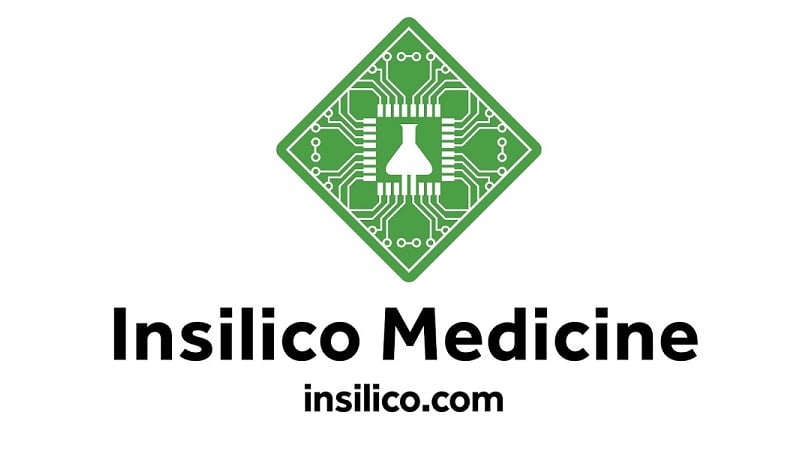Organization Description
Insilico Medicine is an artificial intelligence company headquartered in Hong Kong, with R&D and management resources in the USA, Belgium, Russia, UK, Taiwan, and China sourced through hackathons and competitions. The company is focused on drug discovery and biomarkers using the power of deep learning. Located in Pak Shek Kok, Hong Kong in Hong Kong Science Park near the Chinese University of Hong Kong.
The company is developing a number of drugs as detailed below and there are more being added to their drug development pipeline all the time.
Anemia of chronic kidney disease
Insilico is currently testing a small molecule inhibitor of PHD1/2 designed to treat anemia of chronic kidney disease (CKD). PHD1/2 inhibition can upregulate the expression of several iron metabolism genes and address both impaired EPO production and functional iron deficiency, common in anemia of CKD. The drug aims to enhance EPO secretion, stimulating red blood cell production and potentially ameliorating anemia.
Inflammatory bowel disease
The company is creating a small molecule inhibitor of PHD1/2, enzymes that are involved in the degradation of HIFα, a protective regulator in inflammatory bowel disease (IBD). By inhibiting PHD1/2, the drug aims to reduce HIFα degradation, leading to increased levels of HIF and promotion of barrier-protective gene expression, thus potentially aiding in epithelial barrier healing and decreasing proinflammatory cytokine expression.
Fibrotic diseases
Insilico are developing a small molecule inhibitor of TINK, a novel target proposed by Insilico Medicine’s AI target discovery engine platform PandaOmics for fibrotic diseases.
The company’s lead candidate INS018_055 blocks an AI-discovered drug target called TINK to treat fibrotic disease. Preclinical work is under way to determine INS018_055’s potential for treating kidney fibrosis, idiopathic pulmonary fibrosis, and skin fibrosis also known as scleroderma.
COVID-19
This drug is a small molecule inhibitor of 3CLpro, a conserved protease in all known coronaviruses that plays a crucial role in proteolytic processing of the replicase polyproteins. The drug aims to inhibit 3CLpro, blocking SARS-CoV-2 replication and potentially treating multiple strains of COVID-19 and other coronaviruses.
Cancer treatments
Insilico has a number of cancer drugs in its development pipeline.
KAT6 inhibitor
Insilico is developing a small molecule inhibitor of KAT6, a histone acetyltransferase (“HAT”) that is dysregulated in several cancers, including breast, lung, and ovarian cancers. The drug aims to inhibit KAT6, blocking ERα at the transcriptional level, which could be beneficial in the treatment of ER+/HER2- breast cancer.
MAT2A inhibitor
They are developing a small molecule inhibitor of MAT2A, an enzyme essential in metabolism and epigenetics. MAT2A is a promising therapeutic strategy for cancers with MTAP deletion (MTAP-/-), a condition that frequently occurs in multiple types of cancers and is associated with poor prognosis. The drug aims to reduce the level of SAM, affecting mRNA splicing and inducing DNA damage, and demonstrates a selective anti-proliferative effect on MTAP-/- cancer cells.
USP1 inhibitor
This drug is a small molecule inhibitor of USP1, an enzyme that plays a significant role in the cellular response to DNA damage. The drug aims to inhibit USP1, leading to DNA repair inhibition, with potential implications for the treatment of tumors with homologous recombination and DNA repair deficiency. This compound has shown potent anti-survival activity in BRCA mutant tumor cells and is being explored both as a standalone therapy and in combination with PARP inhibitors.
QPCTL inhibitor
The drug is a first-in-class, orally available small molecule inhibitor of QPCTL, a regulator of the CD47-SIRPα axis, which is commonly referred to as the “don’t eat me” axis in cancer immunotherapy. The drug aims to inhibit QPCTL, causing a reduction or loss of the binding between CD47 and SIRPα, which could result in increased antibody-dependent cellular phagocytosis and neutrophil-induced cytotoxicity.
This drug is being Co-developed with Fosun.


